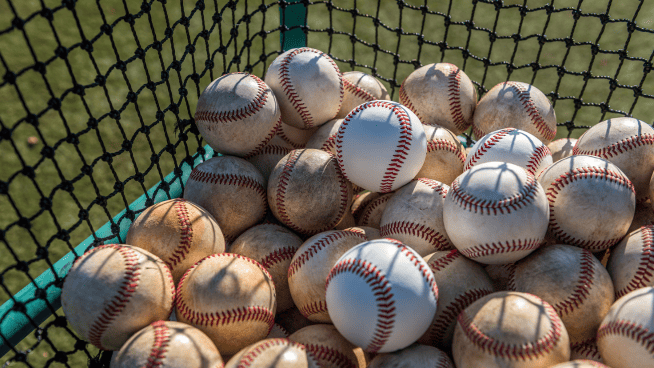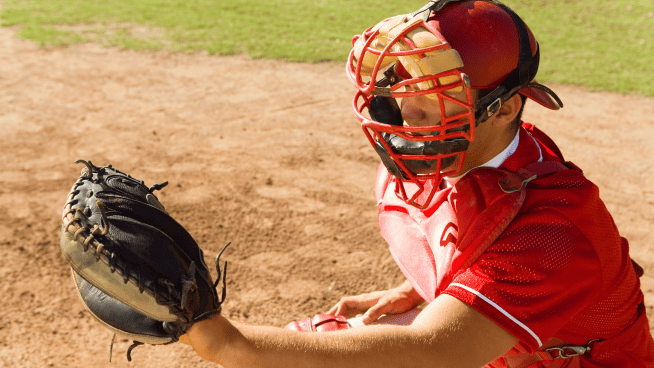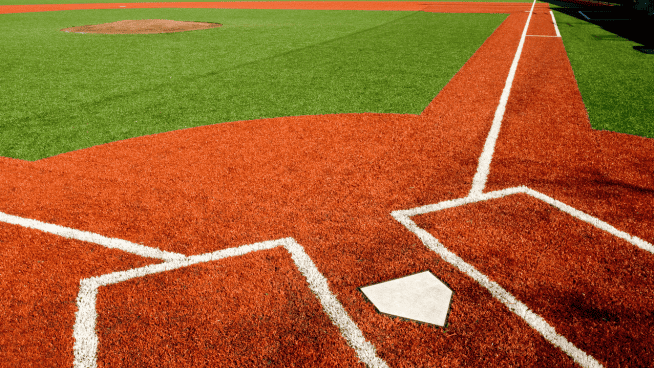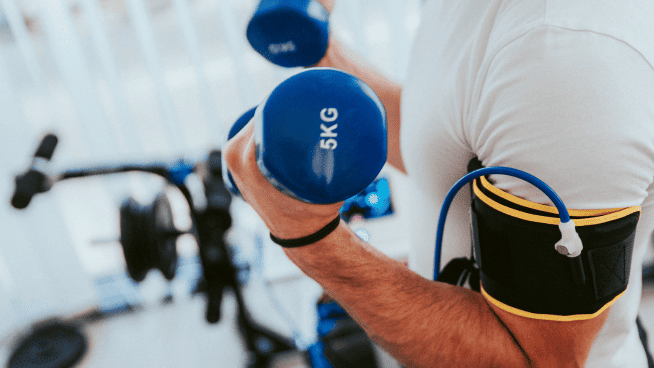Just because it’s the off-season doesn’t mean you should be sleeping until noon and neglecting your nutritional needs.
Instead of falling into bad eating habits, use the off-season to experiment with different foods and eating patterns, says University of Georgia sports nutritionist Ruth Taylor.
“If [you] have some major body composition goals, [off-season] is the time to really go for it, because it’s not going to directly impact [your] performance,” Taylor says.
Follow along as Taylor outlines a nutritional plan that hits on the major food groups and maximizes your overall health.
Breakfast
• Focus: primarily on carbohydrates, lean protein and healthy fats
• Whole wheat bagel with peanut butter
• Banana
• Milk
Taylor: “This is a high carbohydrate breakfast. You should be eating within one hour of waking.”
Lunch
• Focus: high in carbohydrates, moderate in lean protein and low in fat
• Turkey sandwich on whole-wheat or whole-grain bread (roast beef and grilled chicken are also good source of lean protein)
• Load sandwich up with cheese (dairy source) and vegetables (nutrients)
• Fruit item such as banana, apple or grapes
• Water or sport drink
Taylor: “This meal is important because [it’s a] pre-practice meal. We want this to be light and easy to digest.”
Dinner
• Focus: lean protein and carbohydrates
• Grilled chicken breast
• Large portion of green beans
• Baked potato and/or brown rice
Taylor: “Timing of dinner is important. If you’re able to get a full dinner within 30 to 60 minutes following a practice, you don’t need a snack.”
Snacks
• Focus: getting a healthy intake of all food groups
• Quick and easy foods such as fresh fruit, granola bars, low fat yogurt, string cheese, raisins and canned fruits
Taylor: “I like to see a mid-morning snack to break up the gap between breakfast and lunch. You should be eating small snacks and meals [every] two to four hours throughout the day.”
RECOMMENDED FOR YOU
MOST POPULAR
Just because it’s the off-season doesn’t mean you should be sleeping until noon and neglecting your nutritional needs.
Instead of falling into bad eating habits, use the off-season to experiment with different foods and eating patterns, says University of Georgia sports nutritionist Ruth Taylor.
“If [you] have some major body composition goals, [off-season] is the time to really go for it, because it’s not going to directly impact [your] performance,” Taylor says.
Follow along as Taylor outlines a nutritional plan that hits on the major food groups and maximizes your overall health.
Breakfast
• Focus: primarily on carbohydrates, lean protein and healthy fats
• Whole wheat bagel with peanut butter
• Banana
• Milk
Taylor: “This is a high carbohydrate breakfast. You should be eating within one hour of waking.”
Lunch
• Focus: high in carbohydrates, moderate in lean protein and low in fat
• Turkey sandwich on whole-wheat or whole-grain bread (roast beef and grilled chicken are also good source of lean protein)
• Load sandwich up with cheese (dairy source) and vegetables (nutrients)
• Fruit item such as banana, apple or grapes
• Water or sport drink
Taylor: “This meal is important because [it’s a] pre-practice meal. We want this to be light and easy to digest.”
Dinner
• Focus: lean protein and carbohydrates
• Grilled chicken breast
• Large portion of green beans
• Baked potato and/or brown rice
Taylor: “Timing of dinner is important. If you’re able to get a full dinner within 30 to 60 minutes following a practice, you don’t need a snack.”
Snacks
• Focus: getting a healthy intake of all food groups
• Quick and easy foods such as fresh fruit, granola bars, low fat yogurt, string cheese, raisins and canned fruits
Taylor: “I like to see a mid-morning snack to break up the gap between breakfast and lunch. You should be eating small snacks and meals [every] two to four hours throughout the day.”









